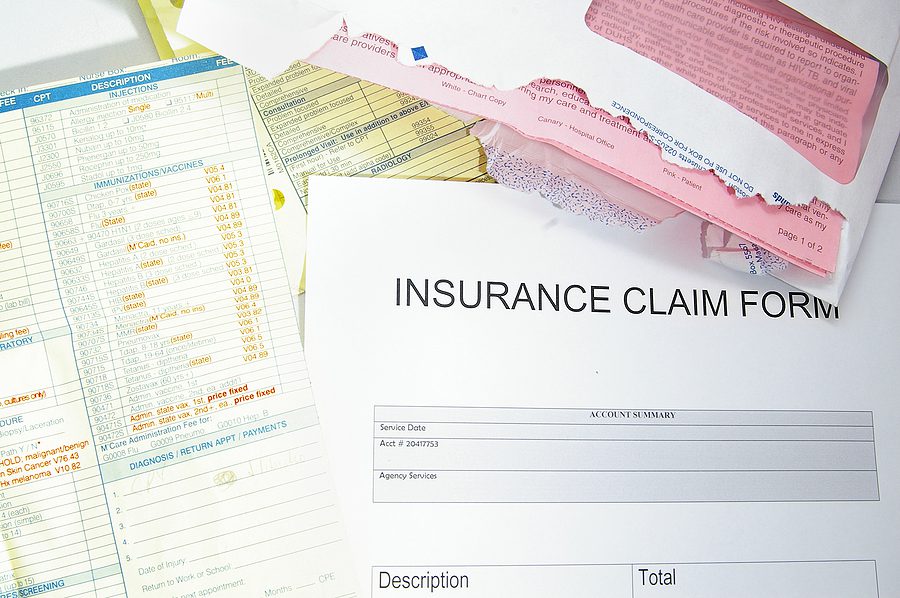
Can Short or Long-Term Disability Impact Your Social Security Disability Claim?
You’ve already faced the emotional and financial strain of living with a disability, and now you’re navigating a mountain of paperwork and endless questions about benefits. If you’re receiving short-term or long-term disability, you might be wondering how applying for Social Security Disability Insurance (SSDI) fits into the picture. Will one benefit cancel out the other? Are you risking losing critical income by filing an SSDI claim?
It’s an overwhelming process, filled with uncertainty, and you’re not alone in feeling like the system isn’t built to make things easy. Understanding how these benefits interact can save you from unexpected setbacks and help you secure the support you need.
Understanding the Basics of SSDI
Social Security Disability Insurance (SSDI) gives financial support to those who cannot work because of a disabling condition. To qualify, applicants must have a condition expected to last at least 12 months or result in death, and they must meet work credit requirements based on their employment history.
SSDI benefits are distinct from private disability benefits like short-term and long-term disability insurance offered by employers or purchased independently. These private benefits replace a portion of your income for a specific period of time. While they serve different purposes, it’s important to understand how they interact if you are considering applying for SSDI while receiving other benefits.

Applying for SSDI While Receiving Short-Term Disability
Short-term disability insurance provides temporary income for those recovering from illnesses or injuries that prevent them from working. Policies typically last a few weeks to several months, depending on the plan. Plans for short-term disability usually last about 6 months.
If you’re on short-term disability, you can still apply for SSDI. However, the SSA’s eligibility criteria requires that your disability be long-term or permanent, lasting at least 12 months. Most short-term conditions don’t meet this threshold, but if your condition worsens or evolves into a long-term disability, applying for SSDI may become a necessary option.
During this period, keeping updated medical records is important. These records help back up your SSDI application if your condition continues and will show a consistent history of your medical issues.
The Role of Long-Term Disability Benefits
Long-term disability (LTD) insurance offers income replacement for extended durations, sometimes lasting for several years or even until retirement. These benefits are particularly valuable for people facing significant, long-lasting health challenges.
If you receive LTD benefits, you can apply for SSDI without disqualification. In fact, many LTD policies require beneficiaries to apply for SSDI as part of their agreement. If approved for SSDI, your LTD insurer may reduce its payments by the amount of SSDI you receive, also known as subrogation. Your LTD plan may ask you to repay some of your LTD if you get paid later by Social Security for the same period of time.
It’s important to fully understand the details of your LTD policy. Some insurers require repayment of LTD benefits if you receive retroactive SSDI payments. You can avoid financial surprises and plan appropriately by consulting with an experienced SSDI attorney.
Will Receiving Other Disability Benefits Affect SSDI Eligibility?
Receiving short-term or long-term disability benefits does not directly impact your eligibility for SSDI. The SSA looks at your medical condition, work history, and whether you can do any meaningful work when reviewing SSDI claims.
Inconsistencies in your medical records can cause issues. For example, if your documentation for short-term or long-term disability differs from the evidence submitted to the SSA, it could complicate your SSDI application. To reduce this risk, make sure your medical records and communication with insurers and the SSA remain consistent.
Why Apply for SSDI While on Private Disability?
Applying for SSDI while receiving private disability benefits offers several advantages. SSDI approval provides long-term financial stability, especially if your private benefits expire. Short-term disability policies often have strict time limits, and even long-term benefits may eventually end.
Another significant advantage is access to Medicare after two years of SSDI eligibility. This can help cover essential healthcare costs for those with chronic medical conditions. SSDI also provides retroactive payments, which can offer financial relief between the onset of your disability and the SSA’s approval. While these retroactive payments may reduce LTD benefits, they still contribute to overall financial security.
Challenges and Considerations
While SSDI and private disability benefits can complement each other, the SSDI application process can be long and complicated. Many initial applications are denied, requiring appeals and additional documentation. This can be frustrating, especially if you’re already managing a serious health condition.
Coordinating SSDI with private benefits can also be challenging in and of itself. If your LTD insurer requires reimbursement for retroactive SSDI payments, failing to plan for that may result in unexpected financial obligations. Hiring an experienced disability attorney can simplify the process and help you get the benefits you deserve as soon as possible.
Planning for a Smooth Process
Proactive planning is essential to streamlining the transition between private disability benefits and SSDI. Gather detailed medical records documenting your diagnosis, treatment, and prognosis. These records are key for both private disability claims and SSDI applications.
Check with your disability insurance company. They’ll be able to tell you exactly what you need to do and what kind of benefits you might qualify for.
Making Informed Decisions
The interaction between SSDI and other disability benefits can be complex, but understanding how they work together can help you make better decisions about your financial and healthcare needs. Whether receiving short-term or long-term disability benefits, applying for SSDI is often a necessary step toward securing your long-term financial stability.
If you’re considering applying for SSDI, explore all your options, collect the necessary paperwork, and get some advice to help you through the process. You can achieve the financial assistance you need with careful planning and the right support.
Contact Arthur Law Firm today for personalized legal assistance with your SSDI claim. Call us at (419) 782-9881 for a free consultation to discuss your legal options and start securing your financial future now.